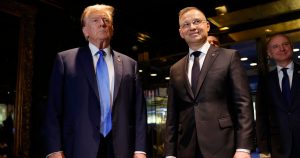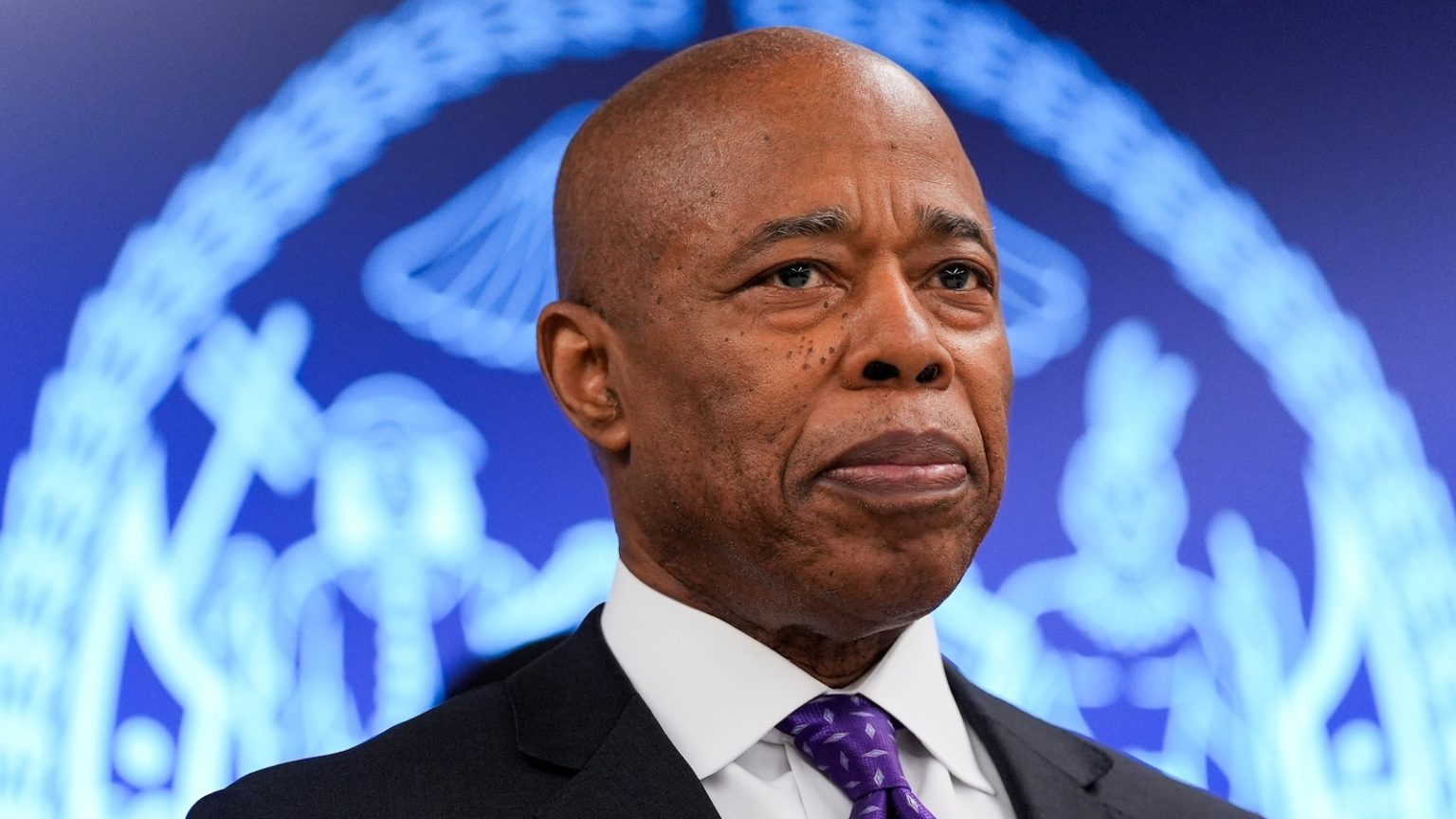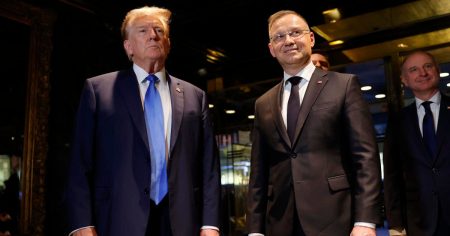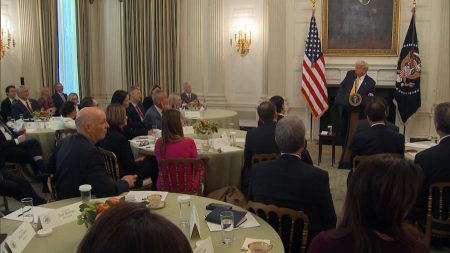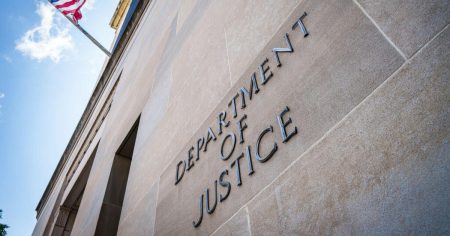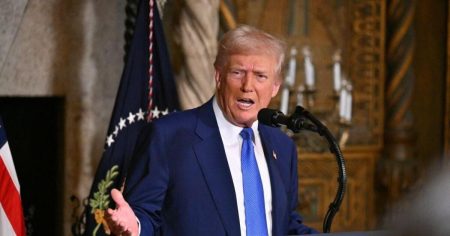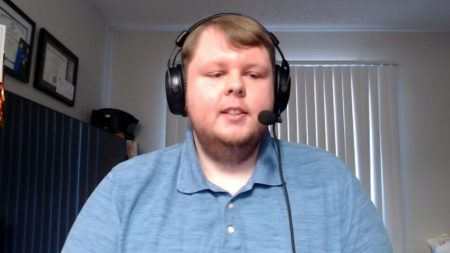Federal Judge Postpones Eric Adams’ Fraud Trial Indefinitely
A federal judge has indefinitely delayed the criminal fraud trial of New York City Mayor Eric Adams, following a request by the Department of Justice to dismiss the case. U.S. District Judge Dale Ho made the decision on Friday, noting that the trial initially scheduled for April 21 will not proceed as planned. While the case has not been dismissed outright, Judge Ho has left the federal corruption indictment against Mayor Adams in place. This means that the legal cloud over the mayor of America’s largest city remains, at least for the time being.
Judge Ho also took the unusual step of appointing a private attorney, Paul Clement of Clement & Murphy PLLC, to argue in favor of keeping the case alive. This move ensures that there will be a legal challenge to the Department of Justice’s motion to dismiss the charges. Judge Ho has ordered both the government and Clement to file briefs by March 7 and has tentatively scheduled oral arguments for March 14. This procedural step highlights the judge’s concern about the lack of adversarial testing in the case, which he believes is essential for ensuring justice is served.
During a court conference last week, Mayor Adams and his lawyer, Bove, appeared before Judge Ho. The judge made it clear that he would not rush into a decision regarding the Department of Justice’s motion to dismiss the case. "I’m not going to shoot from the hip from the bench," Judge Ho stated, indicating that he would carefully consider the matter. This cautious approach reflects the gravity of the case and its potential implications for both the mayor and the public.
Background and Context of the Case
The case against Mayor Adams centers on allegations of fraud, which have cast a shadow over his administration. The federal corruption indictment accuses the mayor of wrongdoing, though specific details of the charges have not been widely publicized. The case has been a subject of significant public interest, given Adams’ prominence as the mayor of New York City and the potential consequences for his political career.
The Department of Justice’s motion to dismiss the case has been met with skepticism by some, particularly after a letter from U.S. Attorney for the Southern District Danielle Sassoon suggested that the dismissal might be part of a quid pro quo arrangement. Sassoon alleged that Adams had promised the Trump administration to increase enforcement of illegal immigration in exchange for the dismissal of the charges. However, Bove, Adams’ lawyer, has vehemently denied these allegations, calling them baseless and unfounded.
Sassoon’s letter led to her resignation, as well as the resignation of several members of the DOJ’s Public Integrity Section. These resignations suggest that there was internal disagreement within the Department of Justice over the decision to drop the charges. Bove has argued that the dismissal is a "straightforward exercise of prosecutorial discretion" and that the indictment has hindered Adams’ ability to communicate with federal authorities responsible for immigration enforcement.
Judge Ho’s Decision and Its Implications
In his written decision, Judge Ho expressed concerns about the lack of adversarial testing in the case. He noted that the recent conference had clarified the parties’ positions, but there had been no meaningful opportunity for the court to evaluate the government’s arguments through the traditional adversarial process. Judge Ho emphasized that adversarial testing is a cornerstone of the justice system, particularly in cases involving unusual fact patterns or significant public interest.
Judge Ho’s decision to appoint an independent attorney, Paul Clement, to argue in favor of keeping the case alive reflects his commitment to ensuring that all perspectives are considered. By ordering briefs and scheduling oral arguments, the judge is creating a framework for a more thorough examination of the government’s motion. This approach ensures that the court is well-informed before making a decision that could have far-reaching consequences.
The judge also addressed practical concerns related to the case, such as the burden on Mayor Adams. Recognizing the demands of the mayor’s responsibilities, Judge Ho ruled that Adams does not need to attend future court proceedings. This decision acknowledges the challenges of balancing Adams’ duties as mayor with the demands of a high-profile legal case.
The Implications for Mayor Adams and New York City
The indefinite adjournment of the trial and the lingering indictment create a challenging situation for Mayor Adams. While the case has not been dismissed, the delay provides some relief, as it allows Adams to continue his duties without the immediate pressure of a trial. However, the ongoing investigation and the possibility of future legal proceedings mean that the mayor will continue to face scrutiny.
For New York City, the situation raises questions about the stability of its leadership. The mayor’s ability to govern effectively could be impacted by the ongoing legal uncertainty, both in terms of public perception and his ability to work with federal authorities. The allegations against Adams, whether proven or not, have the potential to overshadow his administration’s initiatives and policy decisions.
The political implications of the case are also significant. The suggestion of a quid pro quo arrangement, as alleged by Danielle Sassoon, has sparked debate about the integrity of the decision-making process within the Department of Justice. While Bove has denied any such arrangement, the resignations of Sassoon and other DOJ officials have added fuel to the speculation. This has led to calls for greater transparency and accountability in the handling of high-profile cases.
The Broader Implications of the Case
The decision by Judge Ho to appoint an independent attorney to argue in favor of keeping the case alive highlights the importance of adversarial testing in the justice system. By ensuring that all arguments are thoroughly presented and evaluated, the judge is upholding the principles of fairness and due process. This approach is particularly crucial in cases involving public figures, where the stakes are high and the potential for abuse of power is real.
The case also underscores the challenges of balancing prosecutorial discretion with the need for accountability. Bove’s argument that the dismissal is a straightforward exercise of prosecutorial discretion raises questions about the role of the justice system in holding public officials accountable. While prosecutorial discretion is a necessary part of the legal system, it must be exercised in a way that maintains public trust and ensures that no one is above the law.
The political dimensions of the case add another layer of complexity. The allegations of a quid pro quo arrangement have raised concerns about the potential for political interference in the justice system. The resignations of DOJ officials suggest that there may have been internal disagreements about the handling of the case, further fueling speculation about political motivations. These developments have the potential to erode public confidence in the fairness of the legal system.
Moving Forward and Next Steps
As the case moves forward, all eyes will be on Judge Ho’s upcoming decision. The scheduling of oral arguments for March 14 sets a clear timeline for the next phase of the legal proceedings. The judge’s decision to appoint Paul Clement to argue in favor of keeping the case alive ensures that the court will have a comprehensive understanding of the arguments for and against dismissal.
In the meantime, Mayor Adams will continue to face the challenges of governing New York City while under legal scrutiny. The lingering indictment and the ongoing legal proceedings present a significant distraction, both for the mayor and for the city as a whole. The outcome of the case will have important implications for Adams’ political future and for the city’s leadership.
The public will also be watching closely to see how the case unfolds. The allegations against Adams, combined with the unusual procedural developments, have created a situation of high public interest. As more details emerge, the case will likely continue to be a major focus of media attention and public debate.
In conclusion, the indefinite adjournment of Mayor Eric Adams’ fraud trial has created a complex and uncertain legal landscape. Judge Ho’s careful and deliberate approach to the case reflects the gravity of the situation and the need for a thorough examination of the arguments. As the case moves forward, the public will be closely watching to see how the legal system navigates this high-stakes situation and upholds the principles of justice and accountability.
